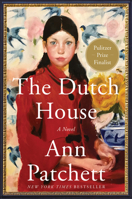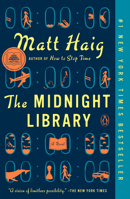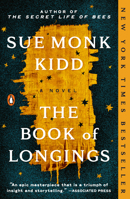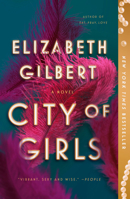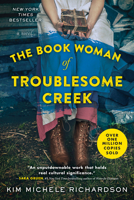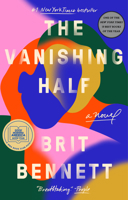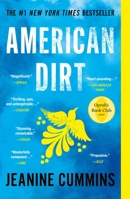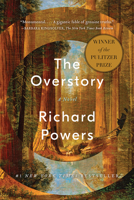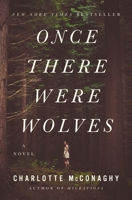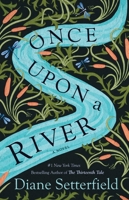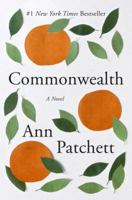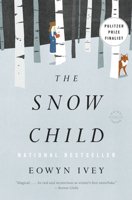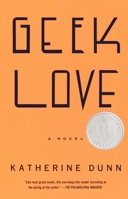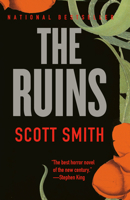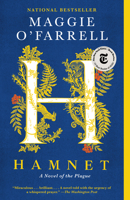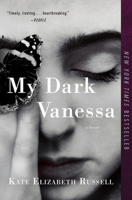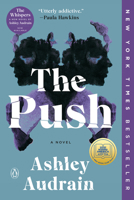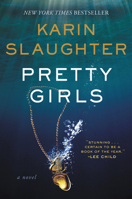This Business of Songwriting
Select Format
Select Condition 
Book Overview
You Might Also Enjoy
Customer Reviews
Rated 5 starsexcellent service and condition
Thank you to alternate providers of items. Though I have yet to thoroughly read this book, my songwriting instructor highly recommends is as THE book to have in the field. Thank you again. SJ Mackenzie
0Report
Rated 5 starsSongwriting in the Music Industry
This is the litmus test of all other books I own on songwriting. Much more than the creative prose of lyric writing; It is the rubber meets the road text for a career in music. If you're serious about business and songwriting this is an exceptional guiding investment.
0Report
Rated 5 starsIf you're serious about songwriting this is for you
Having composed songs for all sorts of pop and country stars and written a number of other songwriting-related books, Jason Blume is already one of better known names in the industry. Personally, I think this is the most useful of his books. It is a very well written, extremely informative book about exactly what it says on the cover. Having read Donald Passman's music industry text, I felt reasonably informed before reading...
0Report
Rated 5 starsA complete, 288-page instruction manual for the aspiring songwriter
This Business Of Songwriting: A Practical Guide To Doing Business As A Songwriter is a complete, 288-page instruction manual for the aspiring songwriter. Author Jason Blume has logged twenty plus years of professional experience in song writing and publishing, and he shares that experience in This Business Of Songwriting from first page to last. It is crucial for the songwriter to understand that it is not enough to be able...
0Report
Rated 5 starsEXCELLENT RESOURCE!!!!!
I've been writing songs (without a lot of success) for more years than I'd like to admit. But I never really understood how to do the business without getting scammed. After reading this book, I finally understand about so many things: song publishing, being my own publisher, how to be a staff-writer, how to make money from TV and films, and what I need to do. This book is excellent. It explains so many things in plain English...
0Report













